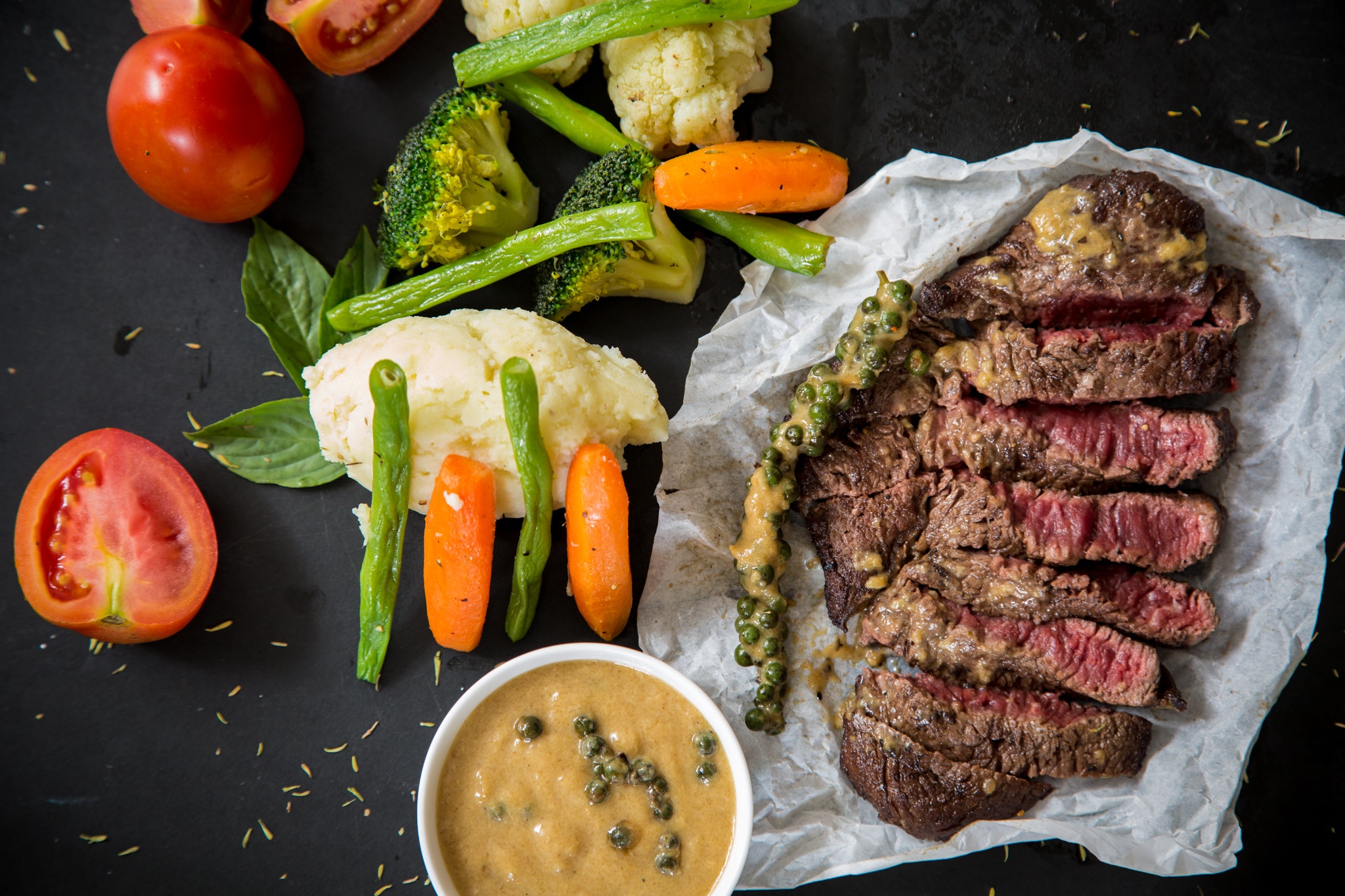How much protein do you need? The amount of protein that an active person needs in their diet can vary depending on factors such as age, gender, body weight, activity level, and fitness goals. However, a general guideline is that active individuals should consume between 1.2 to 2.0 grams of protein per kilogram of body weight per day. This translates to approximately 0.55 to 0.91 grams of protein per pound of body weight per day.
For example, a person who weighs 160 pounds and is moderately active would need between 88 to 145 grams of protein per day. This amount may increase for athletes or bodybuilders who are looking to build muscle mass and strength.
Protein is an essential macronutrient that plays many important functions in the body. It is needed for the growth and repair of tissues, the production of enzymes and hormones, the maintenance of a healthy immune system, and the transport of nutrients and oxygen in the blood.
Protein can be found in a variety of foods, such as meat, fish, poultry, dairy products, eggs, beans, legumes, nuts, and seeds. Animal-based sources of protein are considered to be complete proteins, as they contain all of the essential amino acids that the body needs to build and repair tissues. Plant-based sources of protein may be incomplete, meaning that they may lack one or more essential amino acids. However, by combining different plant-based protein sources, such as beans and rice or hummus and pita bread, individuals can still obtain all of the essential amino acids needed.
It’s important for active individuals to choose high-quality protein sources that are also low in saturated fat and added sugars. Lean meats, fish, and poultry are good sources of protein that are also low in unhealthy fats. Dairy products, such as milk, yogurt, and cheese, are also good sources of protein and calcium. Plant-based sources of protein, such as beans, lentils, quinoa, and tofu, are also good choices.
In addition to the amount of protein in the diet, the timing and distribution of protein intake can also be important for active individuals. Research suggests that consuming protein within 30 minutes to an hour after exercise can enhance muscle protein synthesis and recovery. Eating protein throughout the day, rather than in one or two large meals, can also help to maintain a steady supply of amino acids for muscle repair and growth.
Protein supplements, such as protein powders or bars, may be convenient options for active individuals who have difficulty meeting their protein needs through food alone. However, it’s important to choose high-quality protein supplements that are free from added sugars and artificial ingredients. It’s also important to remember that supplements should not be used as a replacement for whole foods.
In addition to protein, active individuals should also consume adequate amounts of carbohydrates and healthy fats to provide the energy needed for exercise and daily activities. Carbohydrates are the body’s preferred source of energy, and should make up the majority of the diet for active individuals. Healthy fats, such as those found in nuts, seeds, avocados, and fish, are important for brain function, hormone production, and the absorption of fat-soluble vitamins.
In summary, active individuals should aim to consume between 1.2 to 2.0 grams of protein per kilogram of body weight per day. High-quality protein sources should be chosen, and protein intake should be spread out throughout the day. In addition to protein, adequate amounts of carbohydrates and healthy fats should also be consumed to provide the energy needed for exercise and daily activities.



